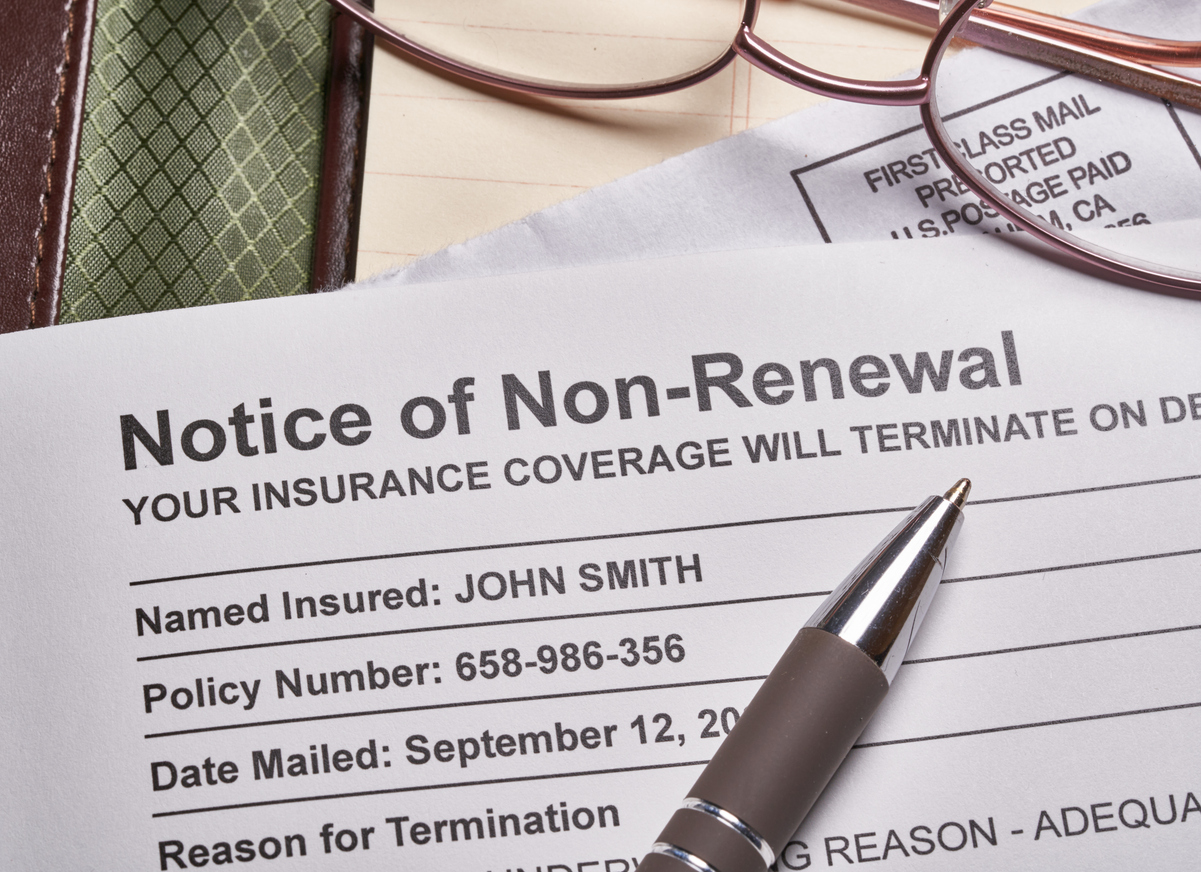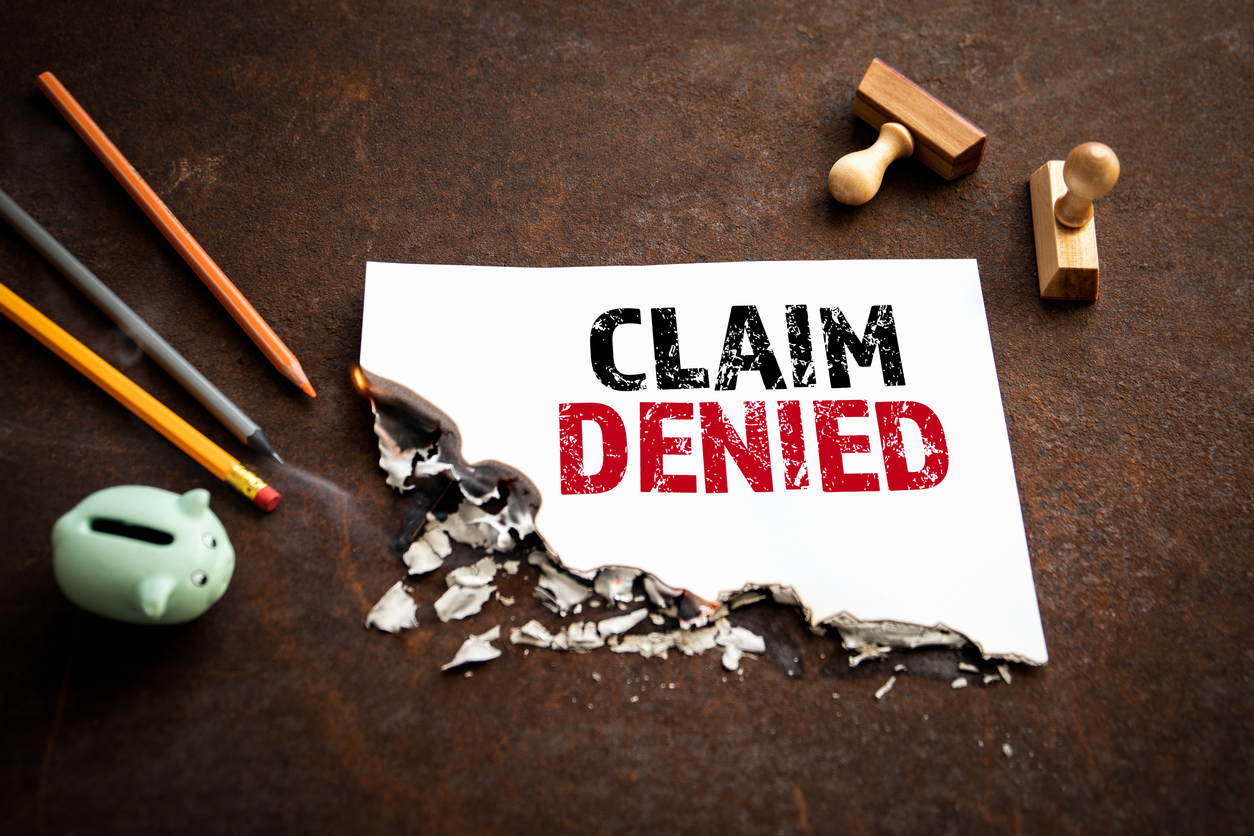This updates new California legislation in anticipation of another season of devastating wildfires. California is in drought once again. Summer has just begun and there has already been record-setting heat. Although California has been spared so far, wildfires are expected to continue to run rampant through California as it continues to heat up and dry out. The anticipated wildfires are expected to bring an influx of for out-of-state insurance adjusters into California to handle the insurance claim volume. It is safe to assume that out of state adjusters will not be up to speed with 2021 changes in California insurance law. As a policyholder advocate, you can add value to any claim by simply staying current on the rapidly changing California Insurance Code and applying it to your claim representation.
This article highlights three important pieces consumer friendly legislation that have been incorporated into the law:
- Assembly Bill 3012
- Senate Bill 872
- Assembly Bill 2756
To provide some background, about 15 years ago, then California Insurance Commissioner Steve Poizner hosted a roundtable with many executives at “big box” insurance companies. The purpose was to establish uniform guidelines that would better streamline the claim-handling process. Since the roundtable, the California Department of Insurance has made it a practice to issue a notice reminding all insurers of these voluntary claim-handling procedures following most major wildfires.1 Effective January 1, 2021, Senate Bill 872 made many of these voluntary claim-handling procedures mandatory, in the event of a covered loss relating to a state of emergency:
1. Guaranteed 4-month advance payment of ALE for Total Losses
California Insurance Code § 2061(a)(1) is added to the Insurance Code, to read:
If an insured has made a claim for additional living expenses related to a total loss, an insurer shall, upon request by an insured, render an advance payment of no less than four months of living expenses. Additional payment for additional living expenses shall be payable upon proper proof following the advance period.
This should be demanded immediately from the carrier and the demand should be for, if possible, an agreed fair rental value. Please keep in mind that when wildfires occur, the cost for comparable rental values greatly increases due to the demand.
2. No Requirement for Company-Specific Inventory Form for Contents Claim
California Insurance Code § 2061(a)(2) is added to the Insurance Code, to read:
If an insured has made a claim for contents related to a total loss of a primary residence, an insurer shall not require that the insured use a company-specific inventory form if the insured can provide an inventory using a form that contains substantially the same information. This subdivision does not limit the authority of an insurer to seek additional reasonable information from an insured upon receipt of an inventory form submitted by an insured.
Carriers’ personal property inventory forms are often deliberately difficult to navigate. Unnecessary information is requested, and labor-intensive information is requested. When you adjust a contents claim you should use your own forms. Just be sure it contains all the pertinent information to identify the property as specifically as possible, the age and condition of the property and the cost to replace.
3. Groupings of Categories of Personal Property Must be Accepted
California Insurance Code § 2061(a)(3) is added to the Insurance Code, to read:
If an insured has made a claim for contents related to a total loss of a primary residence, an insurer shall accept an inventory that includes groupings of categories of personal property, including clothing, shoes, books, food items, CDs, DVDs, or other categories of items for which it would be impractical to separately list each individual item claimed.
You no longer have to give individual information as to items. For example, previously, if there were multiple hardcover books that were claimed, you would have to list each individual book by title. Now, you can just create a line item for “20 hardcover books.” For clothing, you can submit a claim “ten men’s dress shirts.” Please keep in mind that despite the grouping of items, your descriptions should be specific enough to provide value to each item in the grouping.
4. 60-day Policy Premium Grace Period
California Insurance Code § 2062 is added to the Insurance Code, to read:
2062. In the event of a state of emergency, as defined in Section 8558 of the Government Code, an insurer shall offer a 60-day grace period for payment of premiums for residential property insurance policies covering a property located within the affected area defined in the state of emergency for a period of 60 days after the emergency. This section does not require any change to insurer billing practices regarding billing, automatic payment, or cancellation for nonpayment if the insurer reinstates, without a lapse in coverage or late fees, any policy subject to this section that was canceled for nonpayment of premiums, if requested by the insured and upon reasonably timely payment of all premiums due.
Although this may not help increase the amount of the claim, being aware of this new statue and assisting insureds with grace periods will help develop strong client relationships and demonstrate professionalism with both the carrier and your clients.
Beyond codifying the previously voluntary claim-handling procedures, SB 872 also provided overlapping language with AB 3012. Most notably, both bills prohibit the land value deduction and provide for additional two-week extensions of ALE for good cause following an order of civil authority. These updates are discussed in more detail in 2021 California Legislative Update: Assembly Bill 3012.
____________________________________________
1 See “Expedited Claims Handling & Billing Grace Period Procedures for California Policyholders due to Wildfire” (August 26, 2020). http://www.insurance.ca.gov/0250-insurers/0300-insurers/0200-bulletins/bulletin-notices-commiss-opinion/upload/Notice-ExpeditedClaims-BillingGracePeriod.pdf




